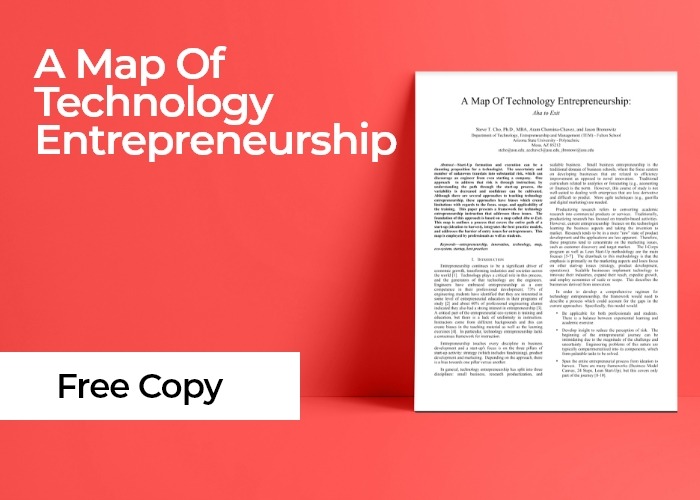London is a big city, and like most big cities, there is a fair amount of crime that occurs within it. If you visit London at some time in the future, you might find yourself at King’s Cross Station because it is a place that many travelers must visit. If you do go there, there is a decent chance that some criminal will come up to you and shove you so hard that you get knocked straight through Platform 9 ¾ and end up on the Hogwart’s Express. No one likes getting shoved, but the good thing is that this will give you the chance to make your way over to Diagon Alley and visit the establishments there. Most tourists who own small businesses and find themselves in this situation probably would not choose this occasion to try to obtain a loan for their business, but you might not be like most small business-owning tourists.
After perusing the quidditch supplies, cauldrons, confections, and beautifying potions that are for sale in the stores of Diagon Alley, you might stroll over to Gringotts Wizarding Bank and ask them for a small business loan. Although LIBOR is an interest rate that is used across the world, a borrower at Gringotts Wizarding Bank would have even more reason to expect their loan to be based off of LIBOR than borrowers at other banks would, considering Gringotts’ close proximity to LIBOR’s place of origin. For that reason, there are certain facts entrepreneurs who find themselves in this highly probable situation should know about LIBOR. These facts are ones that entrepreneurs who borrow from banks other than Gringotts should probably know as well.

“LIBOR, which stands for London Interbank Offered Rate, serves as a globally accepted key benchmark interest rate that indicates borrowing costs between banks. The rate is calculated and published each day by the Intercontinental Exchange (ICE).”
As Investopedia states, it “is the average interest rate at which major global banks borrow from one another.” Investopedia goes on to tell us that, in order to find LIBOR, ICE takes the interest rates that a certain collection of global banks would charge other banks for loans and then calculates the average of those interest rates. ICE asks for these interest rates every day and so LIBOR changes daily. The highest rate and the lowest rate that ICE receives each day are not included in the average.
The British Bankers’ Association (BBA) invented LIBOR in the 1980s. It is used for a vast array of financial purposes but most importantly, as far as you are probably concerned, it is frequently used by banks to determine short-term interest rates for business loans. When a small business owner goes into a bank and asks for a loan, there is a good chance that the bank will offer the owner an interest rate that was decided upon by taking LIBOR into account and then looking at other factors. Whether an interest rate is above or below LIBOR, and the extent to which it is above or below LIBOR, can be dependent on factors such as a borrower’s credit history, the characteristics of a borrower’s business, and the state of the economy overall.
Points and Basis Points
Knowledge of points and basis points, to borrowers, is just about as important as knowledge of LIBOR, if not more so. As you probably know, it is frequently true in life that knowledge is what separates those who get to feel like they are flying through the air on a broomstick from those who end up feeling like they are being forced to live in a cupboard under a flight of stairs.
In financial terms, one point means one percent. If the interest rate for your loan is 2 points, then that means it is 2%. A basis point is equal to 1/100 of a point. So if the interest rate for your loan is 50 basis points then it is 0.5%. Many times, there’s a big difference between a rate like 4.1% and a rate like 4.99%. Depending on the size of the loan, a difference like that could mean thousands or even millions of dollars. As an entrepreneur you should always be aware of the fact that basis points matter. People should pay close attention to basis points even when they take out small personal loans because in those cases a small difference in basis points could easily be equal to a few hundred dollars. As all smart business owners, and smart money handlers of all kinds know, any dollar amount is worth negotiating over.
Entrepreneurs who take out loans and try as hard as they can to minimize their basis points are helping set themselves up for success in the future. Entrepreneurs who enter into loan agreements while disregarding the potential significance of each basis point can be setting themselves up for a future in which they will end up wanting to refer to the loan agreement as the-financial-arrangement-that-must-not-be-named.

Startup Advising
If you are an entrepreneur who would like to avoid all of the various dire situations in which entrepreneurs tend to find themselves, consider learning more about the startup advising services offered from Aha To Exit.










